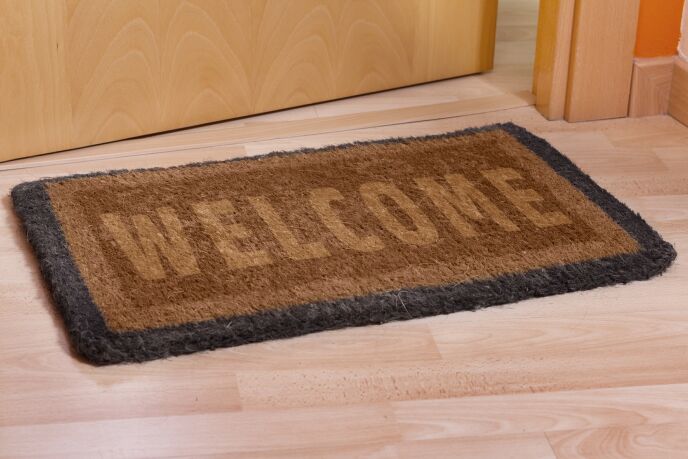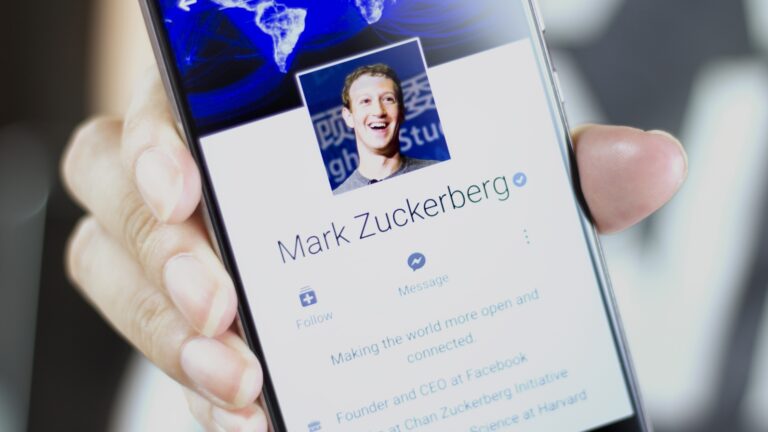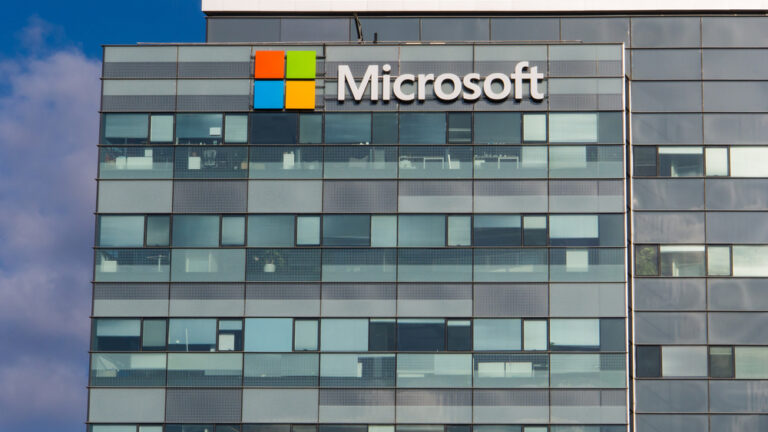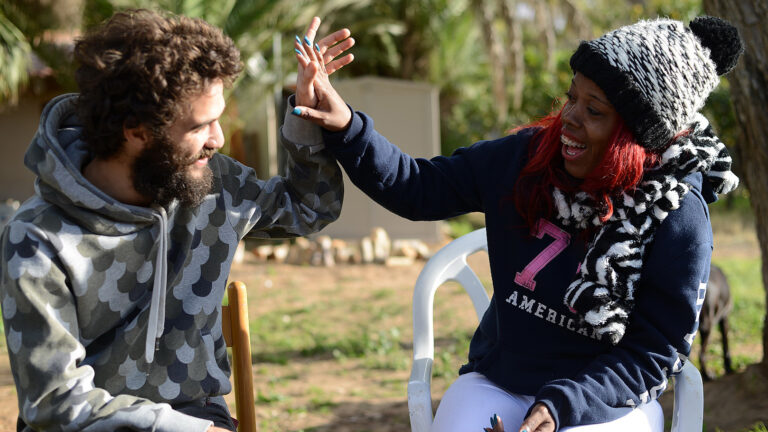
“This will take more courage and love than you could ever believe,” began the Facebook post that went out on July 28 asking for English- and Hebrew-speakers from the Jerusalem and Modi’in areas to take in lone soldiers coming out of the hospital after being wounded in Operation Protective Edge.
Within 10 hours, more than 30 families indicated their willingness to host and care for a lone soldier – and, if need be,his visiting parent from abroad — for two weeks to a month. Thirty more families signed up within a week, from all across Israel.
Some 6,000 Israeli soldiers are classified as “lone” because they have no local family support. Of those, about 2,800 are from abroad. Thus far in Operation Protective Edge, three lone soldiers have been killed in action and many more have sustained injuries.
When the wounded combatants leave the hospital they often need physical and emotional care before returning to their own living quarters. Many of them might have had nobody to turn to – until Jerusalem resident Tova Hametz, a volunteer with The Lone Soldier Center in Memory of Michael Levin, stepped in.
Hametz tells ISRAEL21c she initially hoped to provide recovering soldiers help with meals, laundry, doctor visits and errands. She posted a request for volunteers and funds, and her friend Nili Salem Flaks came by with a donation. Seeing that Hametz was upset about soldiers returning to empty apartments on their own, Flaks offered to post a request on Facebook for foster families, figuring they’d get perhaps five.
“I am in awe of the response,” says Hametz, who is working in cooperation with the IDF to identify soldiers in need of the service. “One family was so eager to meet ‘their’ soldier that they went to the hospital the next day to visit him, even though he won’t get discharged for about a month.”
Hametz was especially gratified that all this happened eight years to the day since lone soldier Michael Levin, a frequent guest in her Jerusalem home, fell in battle in Lebanon.
Hametz, co-owner of Groovesters tie-dye studio in Katzrin, also is accepting monetary donations to cover incidentals such as transportation for the soldiers from the hospitals to their home placements. She’s got a database of volunteers ready to help in any way.
“That level of community is something the Lone Soldier Center has been looking to have for a long time, and we hope that now this will be a community we can reach out to into the future. The unity and caring we have awesomely experienced is something that we hope doesn’t end with the war,” she says. “This community of people is part of the healing.”

















